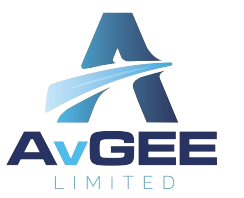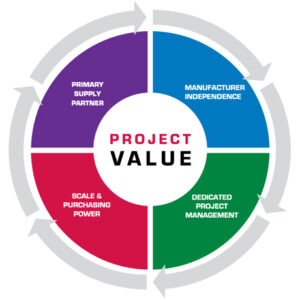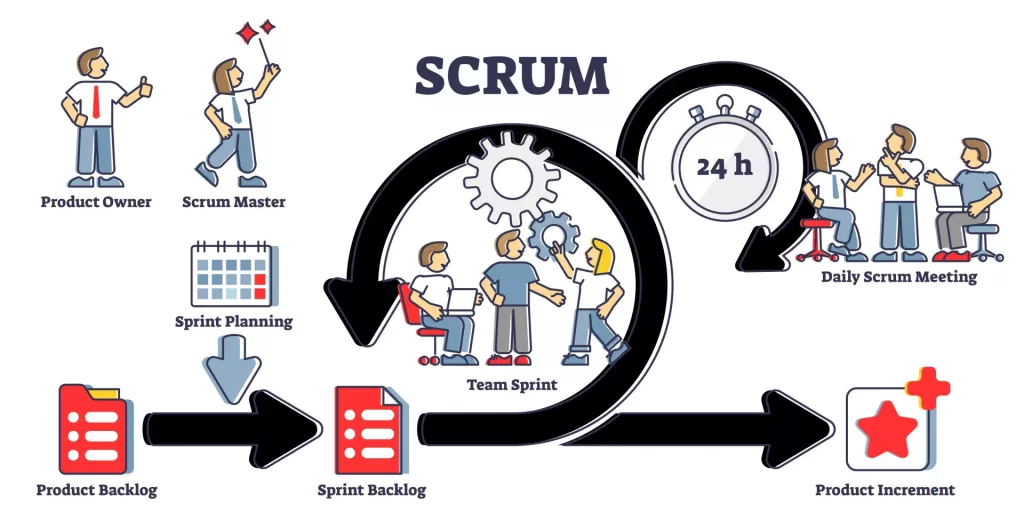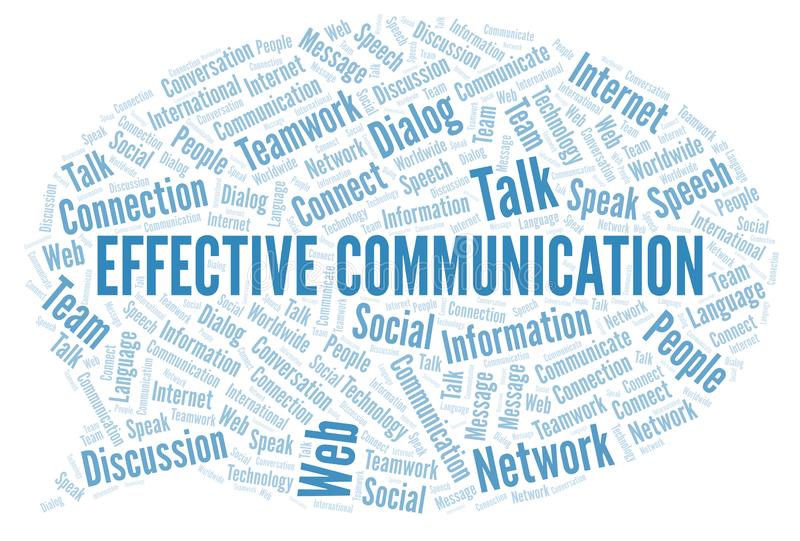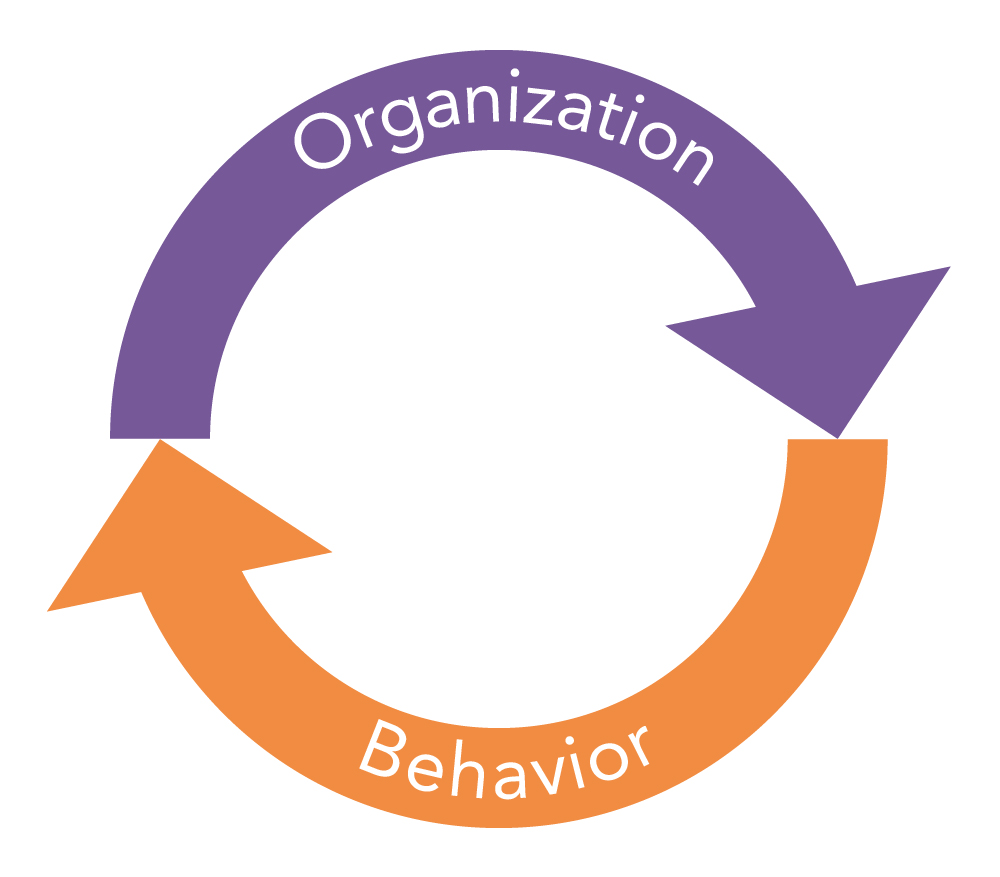Earned Value Management (EVM) is a powerful project management technique that integrates scope, schedule, and cost performance to provide a comprehensive view of project progress and performance. Here’s why understanding and implementing EVM is crucial for project success:
- Holistic Performance Measurement: EVM goes beyond traditional project management metrics by integrating cost, schedule, and scope data into a single performance measurement baseline. This holistic approach allows project managers to assess performance comprehensively and identify potential issues early.
- Holistic Performance Measurement: EVM goes beyond traditional project management metrics by integrating cost, schedule, and scope data into a single performance measurement baseline. This holistic approach allows project managers to assess performance comprehensively and identify potential issues early.
- Objective Performance Evaluation: EVM provides objective measures of project performance, eliminating subjective assessments. Through metrics like the Schedule Performance Index (SPI) and Cost Performance Index (CPI), project stakeholders can objectively evaluate progress, efficiency, and cost-effectiveness.
- Forecasting Accuracy: EVM enables accurate forecasting of project outcomes based on current performance trends. Project managers can use EVM data to predict future costs, schedules, and potential risks, allowing for informed decision-making and resource allocation.
- Cost and Schedule Control: EVM facilitates effective cost and schedule control throughout the project lifecycle. By tracking the planned value (PV), earned value (EV), and actual cost (AC), project teams can monitor variances, manage budget allocations, and ensure project milestones are met on time and within budget.
- Performance Analysis: EVM’s performance metrics, such as Variance at Completion (VAC) and Estimate at Completion (EAC), enable in-depth analysis of project health and trends. This analysis helps project managers identify root causes of variances, assess project risks, and implement corrective measures proactively.
- Stakeholder Communication: EVM provides a structured framework for communicating project performance to stakeholders. Through EVM reports, dashboards, and performance metrics, project teams can keep stakeholders informed, build transparency, and foster trust and accountability.
- Continuous Improvement: EVM promotes a culture of continuous improvement by facilitating lessons learned and best practices identification. By analyzing historical EVM data, project teams can identify patterns, trends, and areas for enhancement in future projects.
In conclusion, Earned Value Management is a strategic project management tool that empowers organizations to achieve project success by enhancing performance visibility, enabling proactive decision-making, and driving continuous improvement. Embracing EVM principles and practices can lead to more efficient, effective, and successful project outcomes in today’s dynamic business environment.
